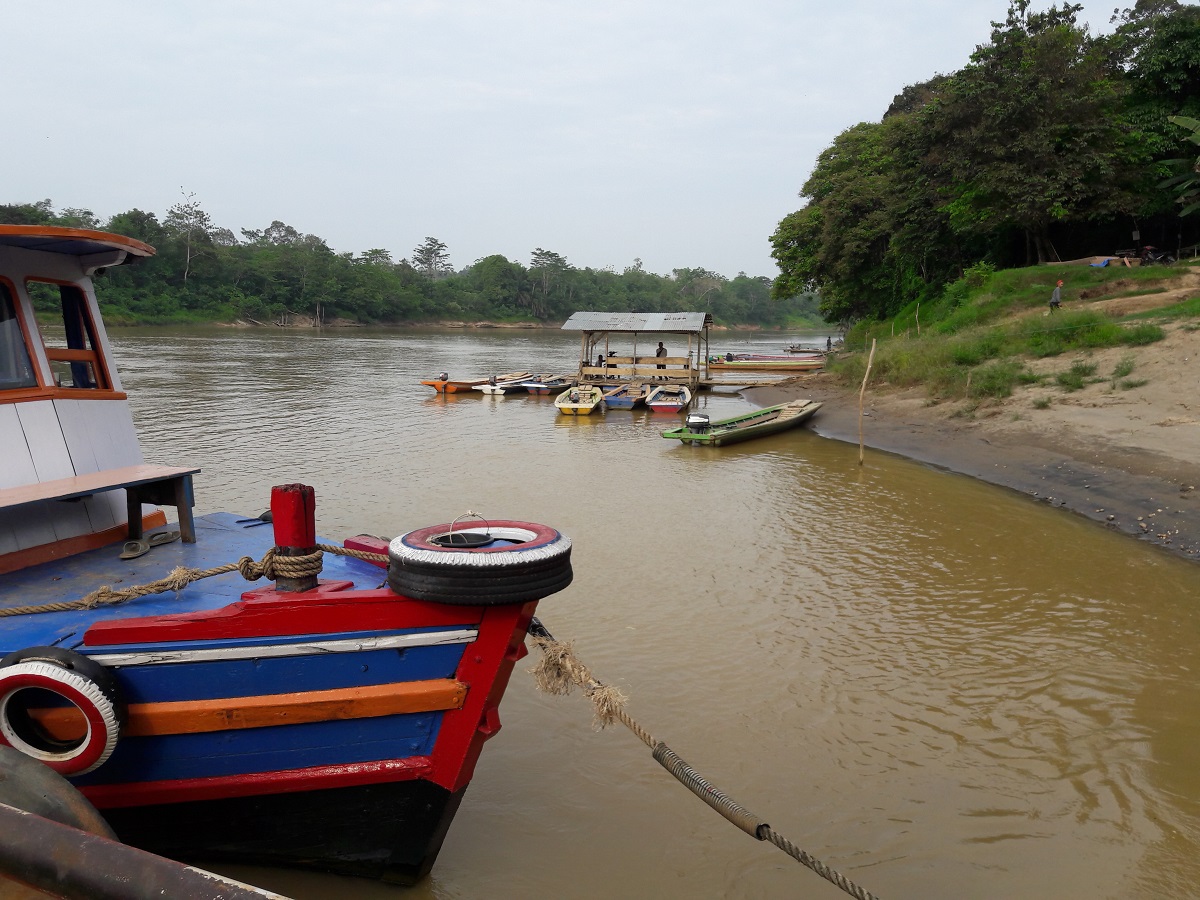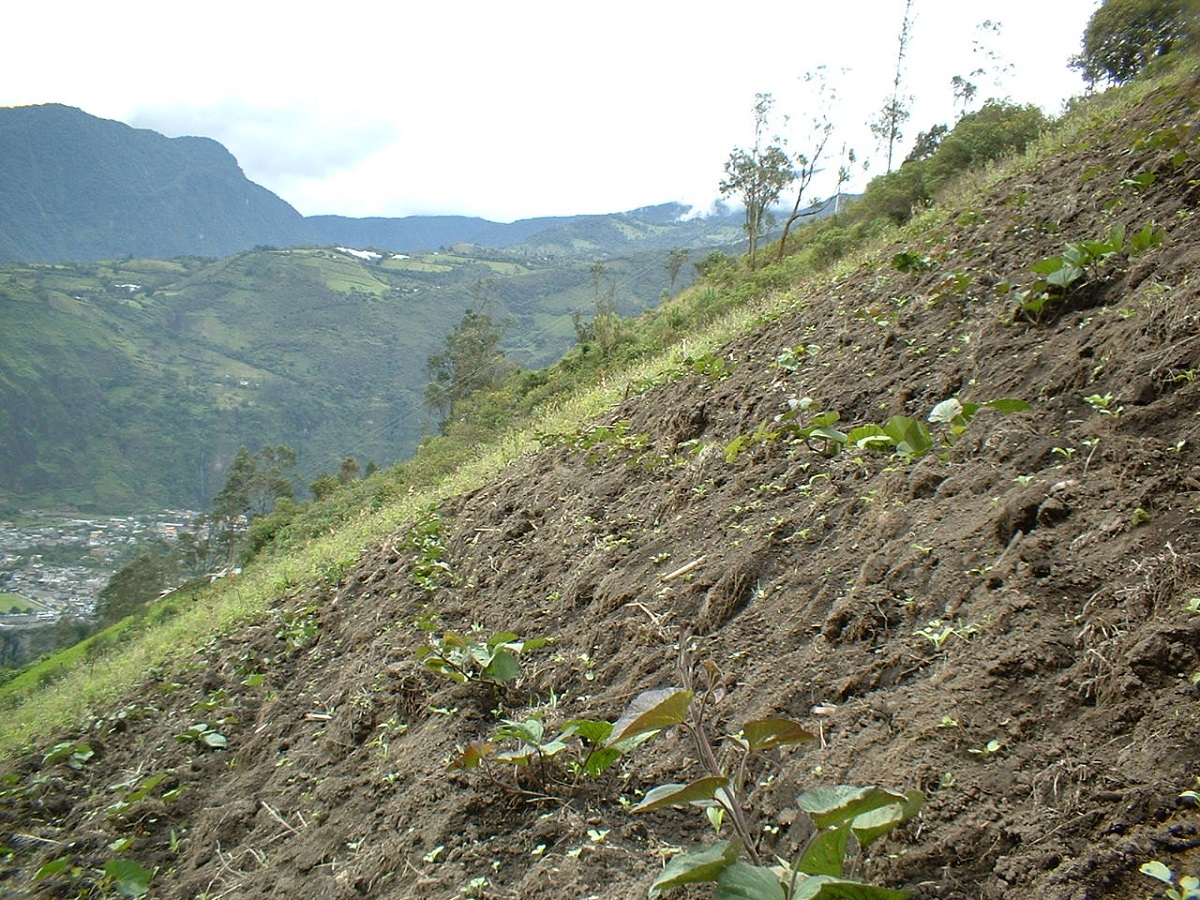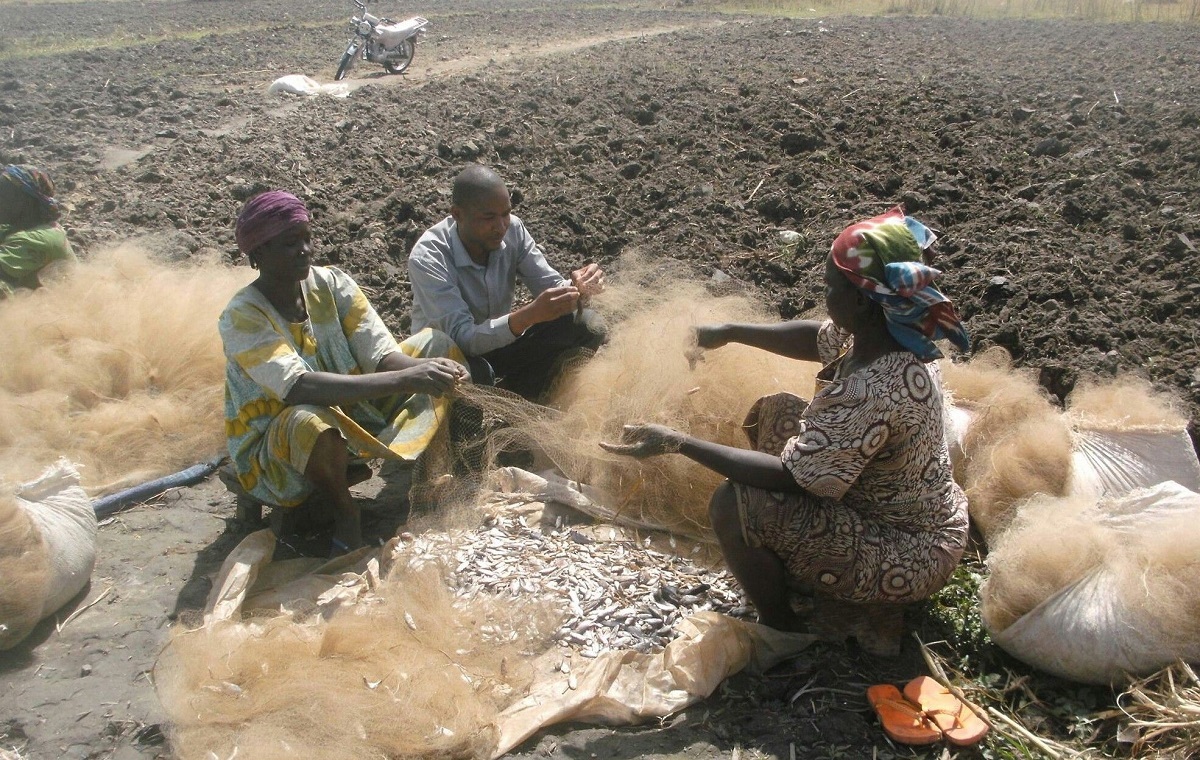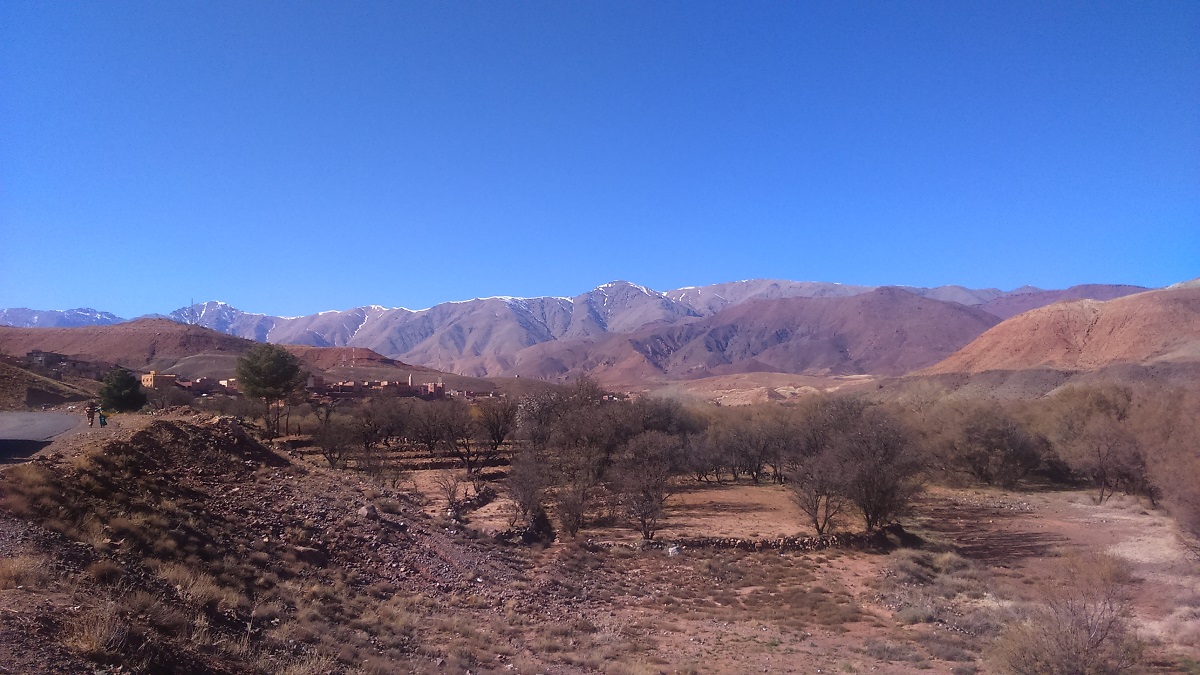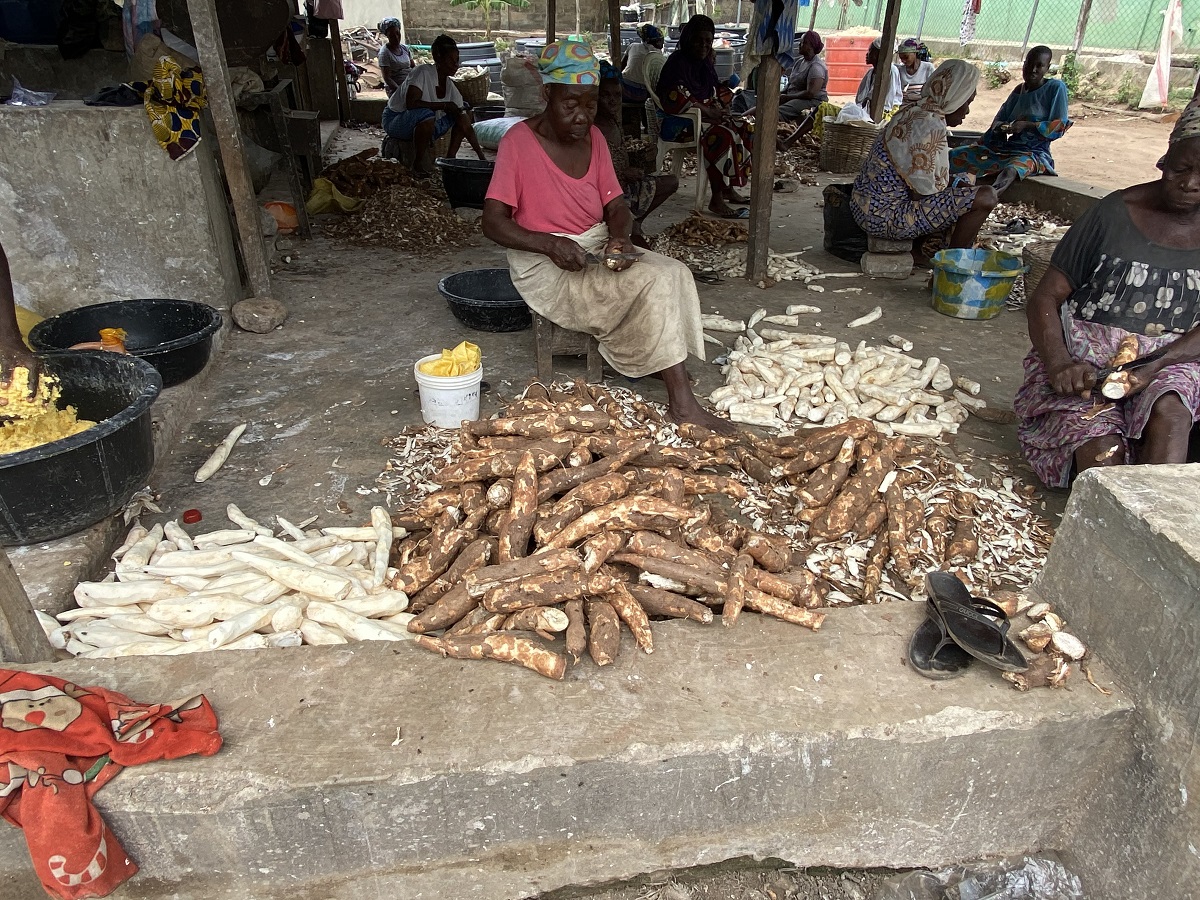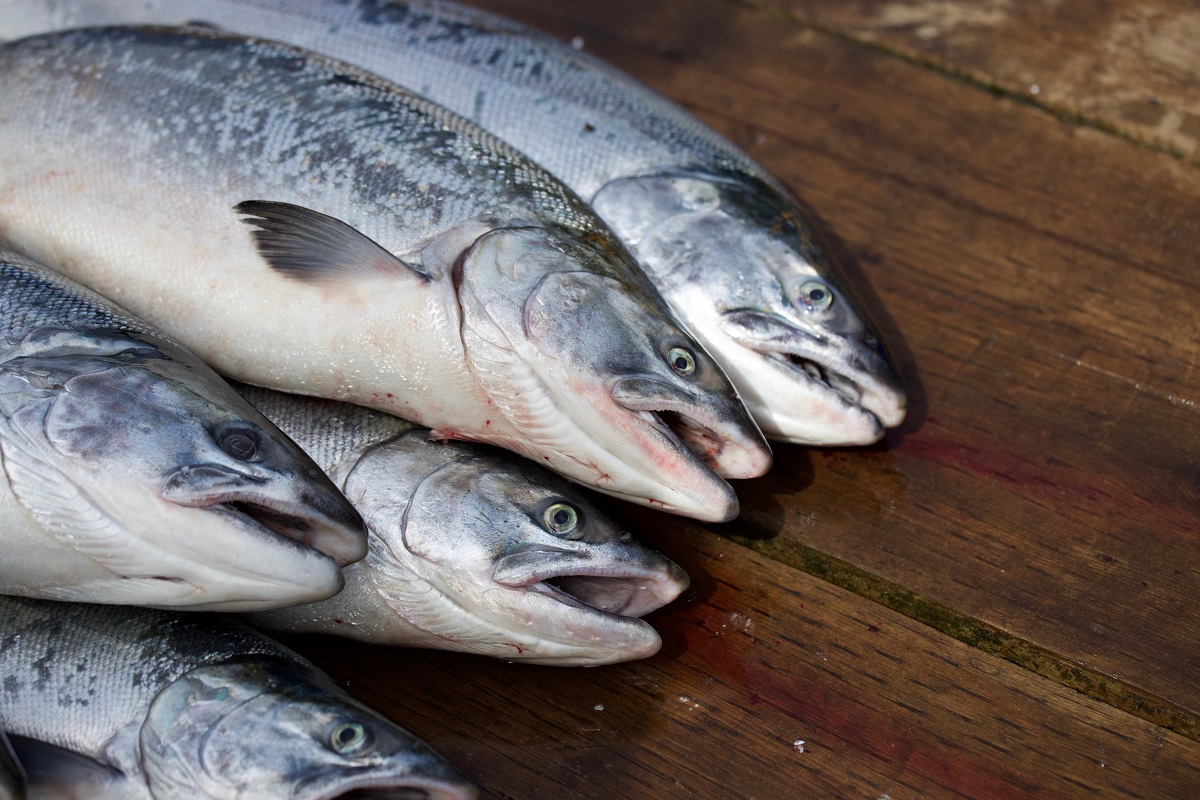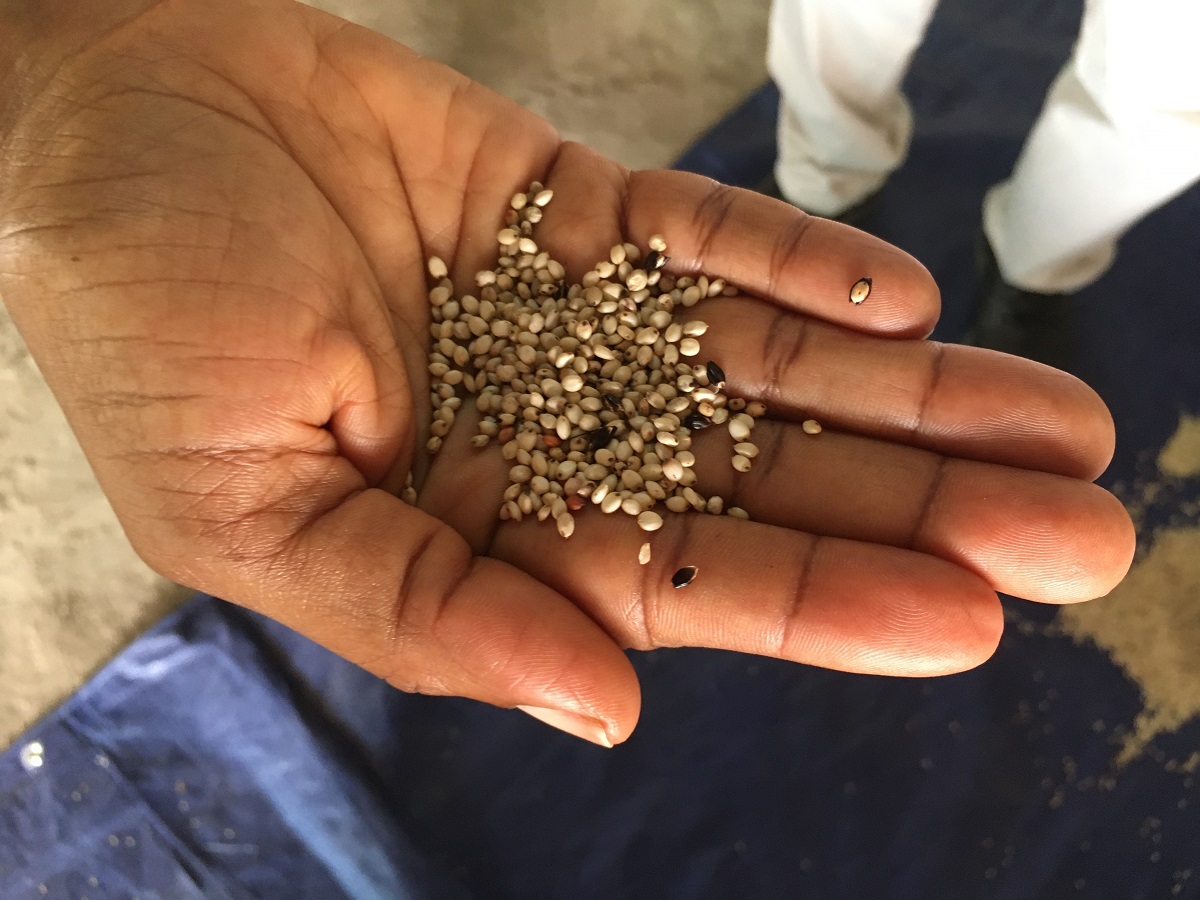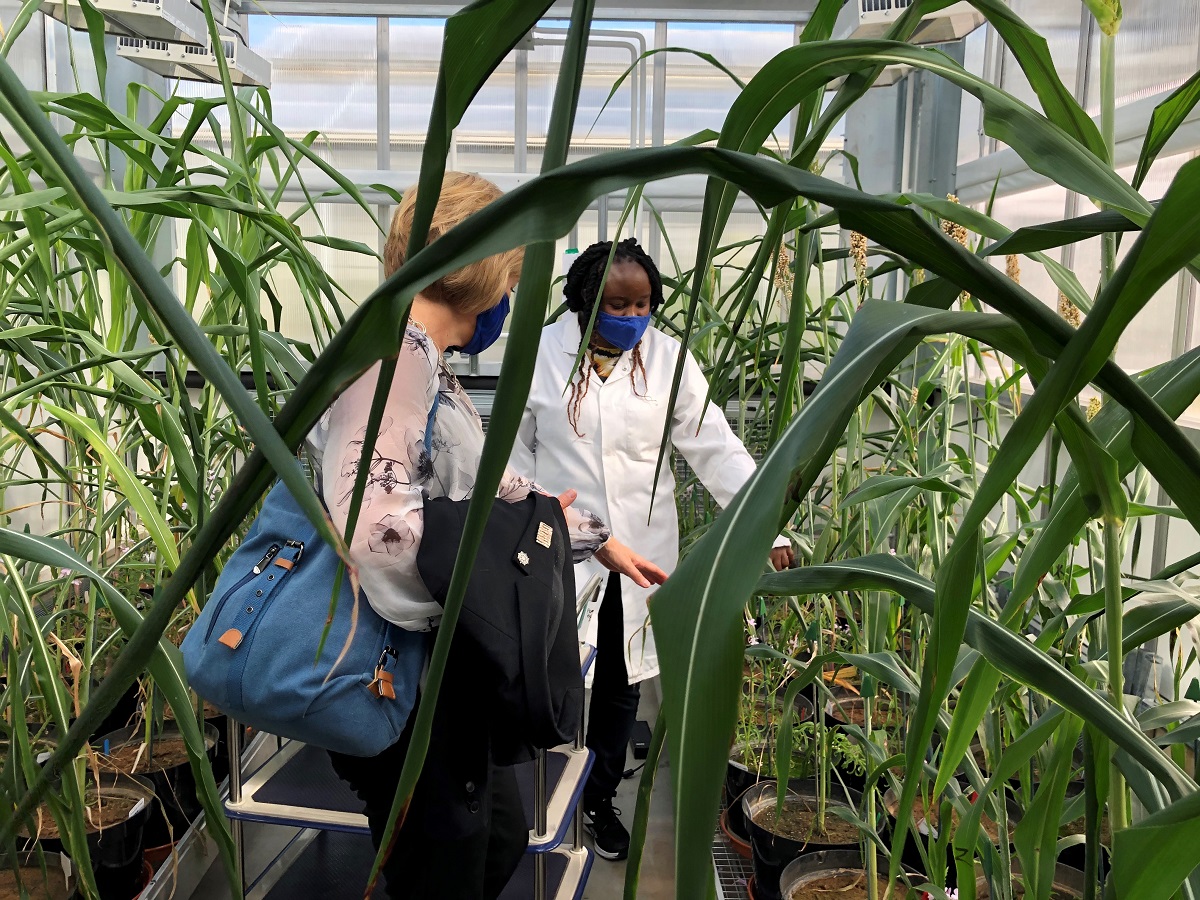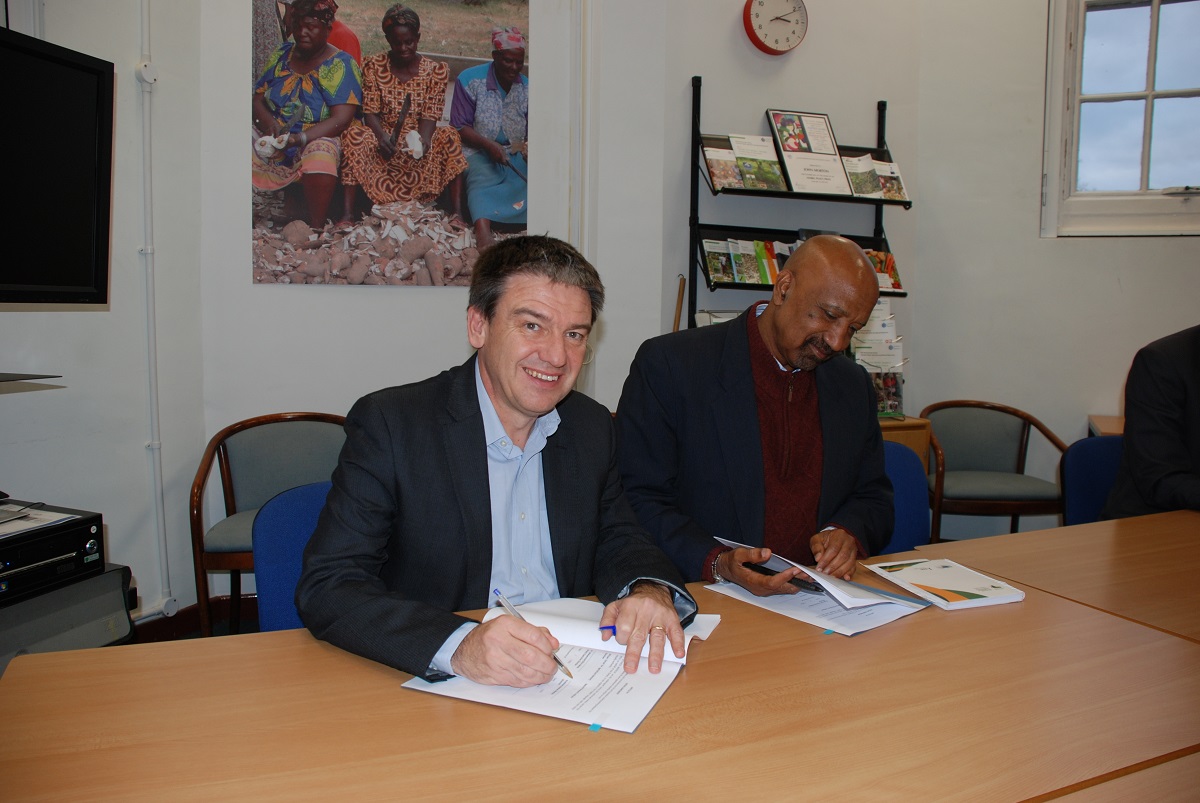News - 2022
Forests are critically important – they encompass vast terrestrial biodiversity, they are culturally, spiritually and economically significant to millions of local communities, Indigenous Peoples and producers. Because of their role as carbon...
Climate change and the prospect of more frequent droughts in Africa are leaving farmers across the region facing an uncertain future and increasing risks of food insecurity. NRI is participating in a new project being implemented by the European...
Peace and prosperity underpin the success of the Sustainable Development Goals (SDGs), from reducing extreme poverty and violent conflicts to ensuring peaceful and inclusive societies. But there are now more conflicts worldwide than at any time in...
The North African country of Morocco is heavily dependent on agriculture, which employs 40% of its labour force and is vital for feeding its growing population. However, it is extremely vulnerable to the impacts of climate change, with overall...
With over 200 million people, Nigeria has the largest population on the African continent, which is projected to double over the next 30 years. Current crop production is barely keeping up with these rates of population growth. With weak national...
Aquaculture, which involves farming aquatic animals and/or plants in the oceans or freshwater, is one of the fastest growing food-producing sectors and currently contributes over 40% of world fish supplies. The benefits of this development are real...
UNICEF estimated that approximately 10.4 million children were at risk of suffering from acute malnutrition in 2021 in the Democratic Republic of the Congo, South Sudan, northeast Nigeria, the Central Sahel, and Yemen. Along with Sierra Leone,...
In January 2021, NRI hosted a virtual international seminar to share research insights and to discuss the challenges relating to food and nutrition security in sub-Saharan Africa. This was part of NRI’s Food and Nutrition Security Initiative...
Self-confessed ‘foodie’ Eli Gasgil wanted to keep as many career options open as possible, but found herself being drawn irrevocably towards working in the food industry. Now happily in her dream job, she credits NRI for giving her the necessary...
NRI’s Dr Uche Okpara is leading a ‘Prosperity and Peace’ conference in Nigeria in July 2022, bringing together civil society groups, local leaders, practitioners, academic researchers and policymakers. The aim is to provide a space for frank and...
Dr Delia Grace Randolph has been recognised for her work on the links between animal, human, and environment health. The Arrell Food Institute at the University of Guelph awarded Dr Randolph the research innovation award which carries a prize of...
A message from Professor Andrew Westby |
Dear colleagues and friends of the Natural Resources Institute,
After 34 years, the time has come for me to leave NRI and to take up a role as the new Deputy Vice Chancellor (Research and Knowledge...


